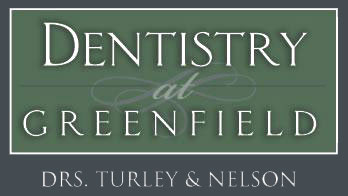Dentist in Mesa AZ

Gum disease is caused when the bacteria found in plaque builds up between the teeth and the gums. As the bacteria grow, the gums can become inflamed and pull away from the teeth. When gum disease is not treated promptly, it can worsen, leading to increased gum recession, infection, and bone loss. In addition, periodontal disease is the leading cause of tooth loss in adults.
Gum disease also impacts other aspects of your overall health. Research has found links between gum disease and diabetes, heart disease, stroke, and other serious inflammatory illnesses. To help prevent gum disease, ensure you are practicing strong oral hygiene habits, including brushing, flossing, use of mouthwash, and regular dental examinations. Be aware of your risk factors for developing gum disease, such as age, tobacco use, genetics, stress, medications, grinding, obesity, or other inflammatory diseases, among others. Consider having an annual periodontal evaluation.
While symptoms may not appear until later stages of the disease, it is important to watch for the warning signs of gum disease. Some of these include:
- Red, swollen, or tender gums
- Mouth pain
- Bleeding gums caused by brushing, flossing, or eating hard foods
- Loose or separating teeth
- Pus between gums or teeth
- Mouth sores
- Chronic bad breath
- Gums receding or pulling away from teeth
- Changes in your bite or the fit of dentures
Gum disease can start silently, but may cause great damage if left untreated. Once gum disease has started, it can be effectively treated, but not fully cured. Protect your oral and overall health with preventive care and regular periodontal screenings. For more information about gum disease or to schedule your periodontal screening, contact our office.
Resource: https://www.perio.org


 Halitosis, commonly known as bad breath, is commonly associated with certain foods. Garlic, onion, and cabbage can all cause a foul odor and taste for several hours after you’ve eaten them. This type of temporary halitosis is easily solved by avoiding the foods that cause it. However, in some cases bad breath is a chronic problem that simply changing your diet won’t solve.
Halitosis, commonly known as bad breath, is commonly associated with certain foods. Garlic, onion, and cabbage can all cause a foul odor and taste for several hours after you’ve eaten them. This type of temporary halitosis is easily solved by avoiding the foods that cause it. However, in some cases bad breath is a chronic problem that simply changing your diet won’t solve.